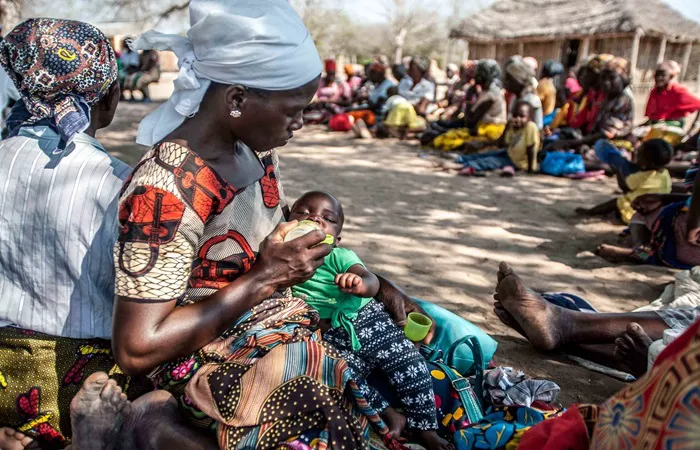Researchers have found toxic chemicals, known as PFAS, in breast milk samples from women in Ghana, sparking concern over infant health. These synthetic chemicals, often called “forever chemicals,” are linked to serious health issues, including cancer, liver damage, and developmental problems.
The study revealed widespread contamination of breast milk in Ghana, highlighting the reach of PFAS across the region. Infants are particularly at risk, as exposure to these chemicals can affect their development and health.
David Koli Essumang, a professor at the University of Cape Coast in Ghana, who co-authored the study, warned that these chemicals accumulate in the body. “If newborns are exposed to them from birth, the effects may worsen as they grow,” he said.
PFAS exposure has been connected to several health issues, such as weakened immune systems, developmental delays in children, and even cancers. Pregnant women and infants are especially vulnerable, with studies linking exposure to risks like low birth weight and developmental problems.
While countries like the U.S. and several in Europe have started to regulate PFAS in drinking water, many African nations lack such protections. In countries with limited oversight, PFAS may contaminate water supplies and food sources, exposing millions of people to potential harm. As industries expand and PFAS-laden products are imported, the risk of broader contamination grows, raising serious concerns about public health and the environment.
Related topics:


